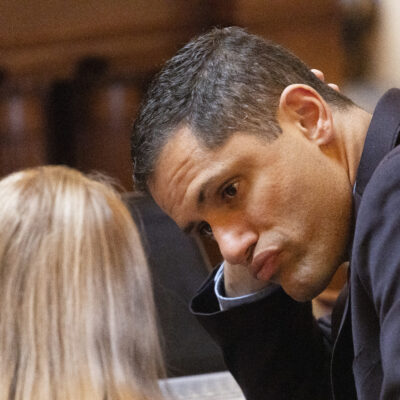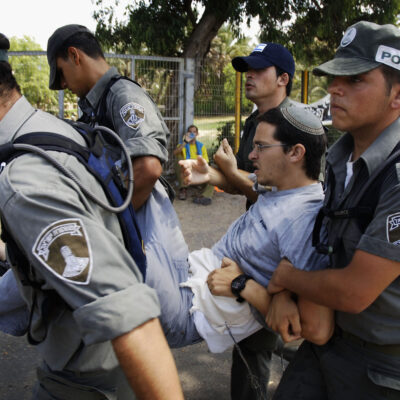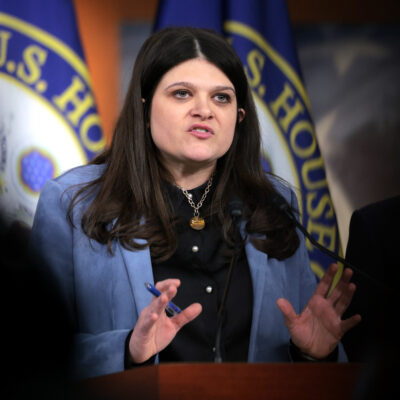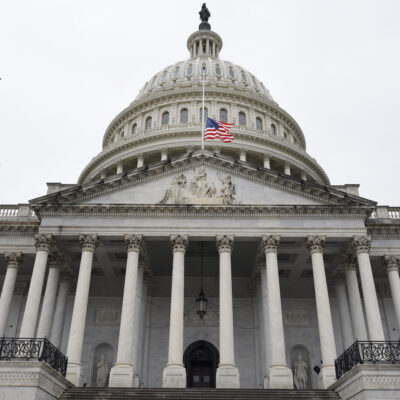Recent Issues

Daily Kickoff: Senate passes Israel, Ukraine aid bill 70-29
February 13, 2024
Good Tuesday morning.
In today’s Daily Kickoff, we report on the emergency aid bill passed in the Senate this morning, spotlight Tucker Carlson’s eyebrow-raising remarks in Dubai and look at how Reform and Conservative rabbinical schools in the U.S. are addressing issues of anti-Zionism. Also...































